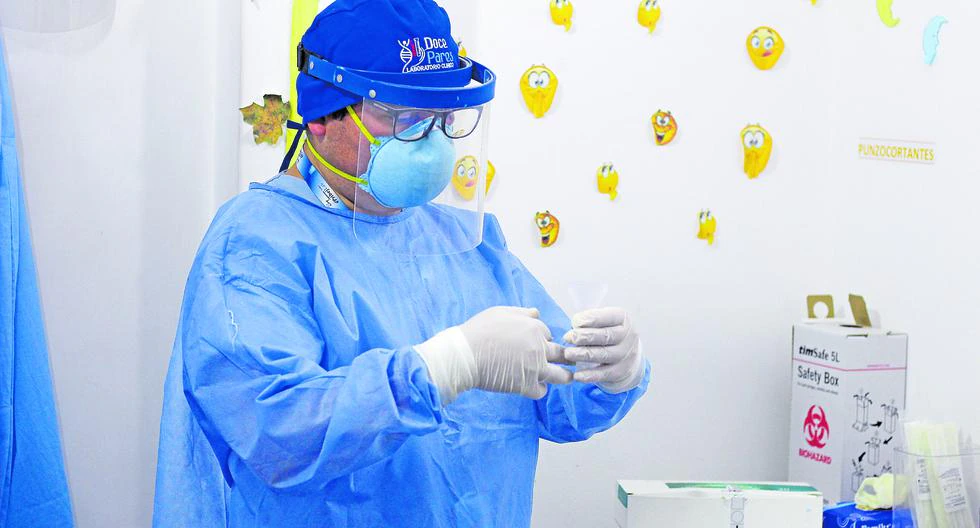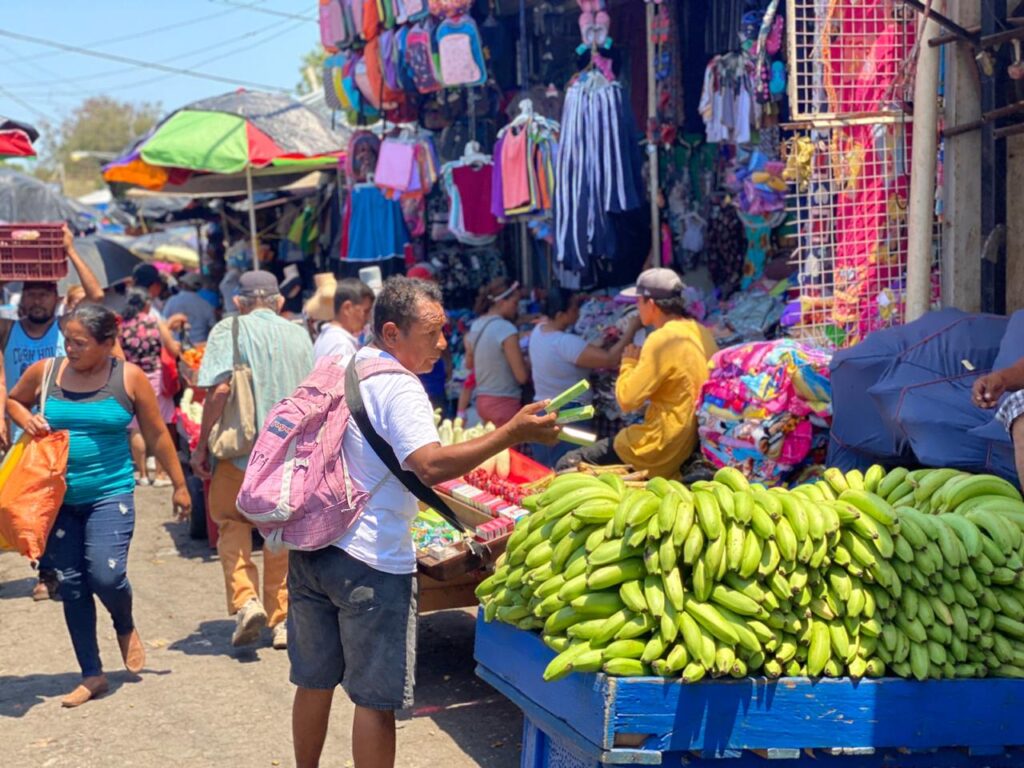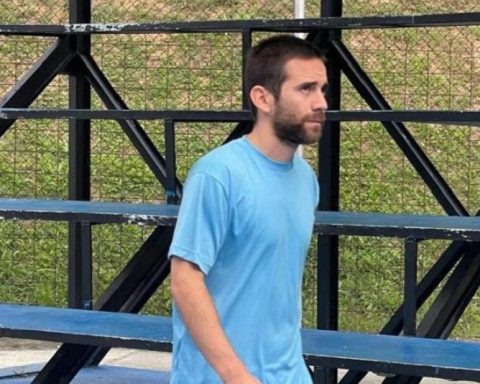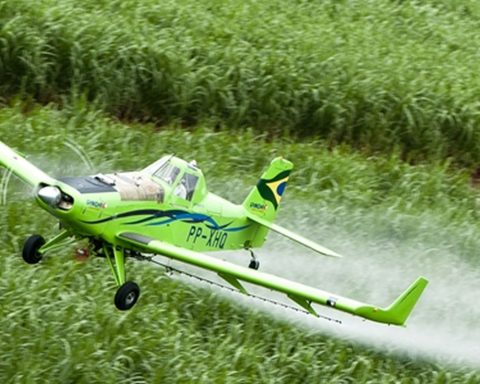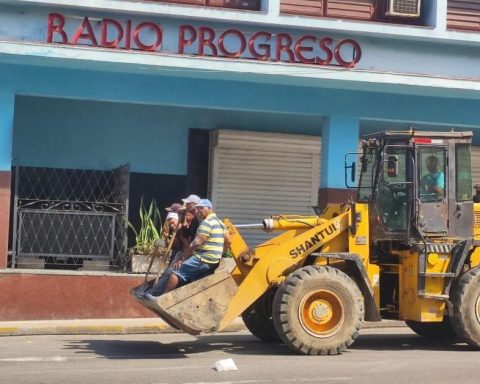The Ministry of Health (Minsa) reported what are the recommendations to ensure a safe environment in schools and thus prevent the spread of COVID-19. In the Junín region there are 352,363 students in pre-school, primary and secondary school. public and private.
WATCH THIS: Epidemiological alert due to increase in dengue cases in the Junín region
The Minsa points out that teachers and staff working in EIs have the responsibility to daily monitor compliance with biosafety measures: correct use of masks, social distancing, the presence of symptoms suggestive of COVID-19 in schools, as well as ensure that doors and windows remain open to ensure permanent ventilation.
Likewise, if a student presents any symptoms of acute respiratory infection, fever, cough and/or sore throat, general malaise, headache, diarrhea, nasal congestion or loss of smell, they should not go to the educational institution.
Likewise, it is pointed out that once at school, if a student presents any of the symptoms described, they must be removed from the classroom and inform the parents or caregivers so that they can pick them up. “Only the classroom will quarantine,” recalls the Minsa.
WATCH THIS ALSO: Separators in public transport placed to avoid contagion, they are no longer mandatory
Finally, according to the Regional Health Directorate (Diresa) Junín: 47.95% of children between 05 and 07 years old have a dose against COVID-19 and 29.24% have two; while 90.16% of schoolchildren from 12 to 17 years old have one dose and 79.79% have two doses in the Junín region
